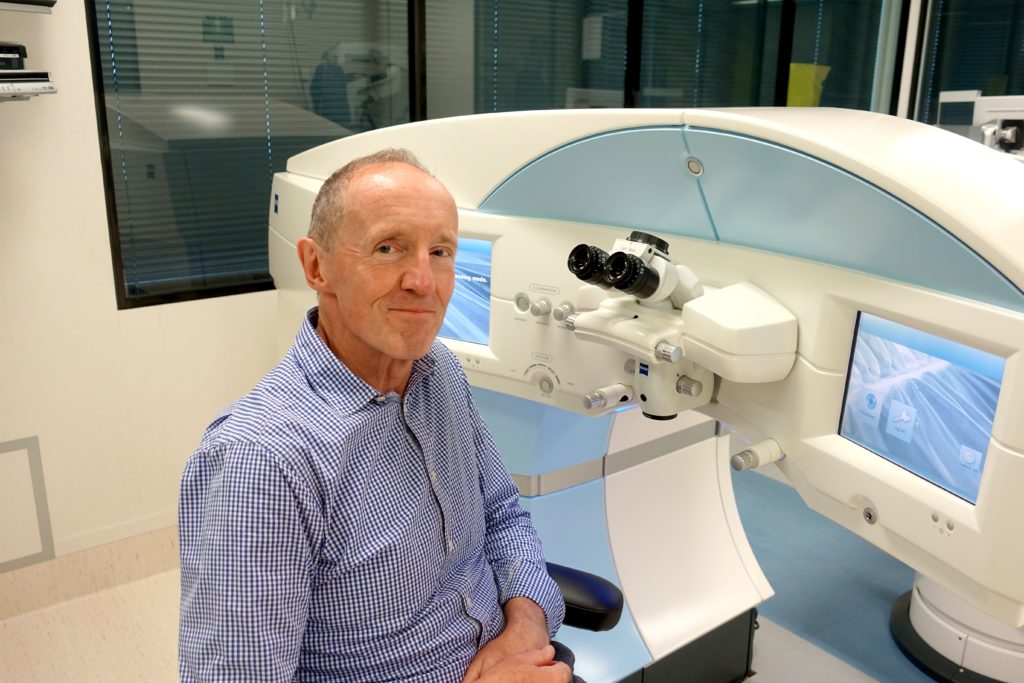
Wellington Eye Centre Ophthalmologist
The Covid-19 pandemic is obviously on everyone’s minds at the moment. This short blog will discuss eye issues associated with Covid-19 and things that you should think about during this time.
Overview of Covid-19:
Symptoms:
Patients typically present with respiratory illness, including fever, cough and shortness of breath; diarrhea is also common early in infection. Conjunctivitis (inflammation of the surface of the eye) has also been reported in just under 1% of cases.
Spread:
The virus is believed to spread primarily via person-to-person through respiratory droplets produced when an infected person coughs or sneezes. It also can spread if people touch an object or surface with the virus present from an infected person. If they then touch their mouth, nose or eyes. It is therefore possible that infected eye secretions such as tears could transfer the virus as well. Dr Li Wenliang, the whistle blower ophthalmologist who sounded the initial alarm on the coronavirus, and who subsequently died from the infection believed he was infected by a glaucoma patient who showed no other signs or symptoms of infection. You should avoid touching or rubbing your eyes during the pandemic, particularly if you are outside your home.
Conjunctivitis:
Conjunctivitis is very common and if you have no other symptoms of coronavirus such as fever, cough, shortness of breath or diarrhoea; and you have no other risk factors such as recent overseas travel or exposure to an infected patient, it is extremely unlikely that you will have Covid-19 infection.
During the current lockdown, all eye care providers such as private ophthalmologists and optometrists will be closed. If you do develop conjunctivitis but have no other symptoms of Covid-19, you can obtain antibiotic drops from a pharmacy. You should stay away from public hospitals at the present time except in the case of an extreme emergency.
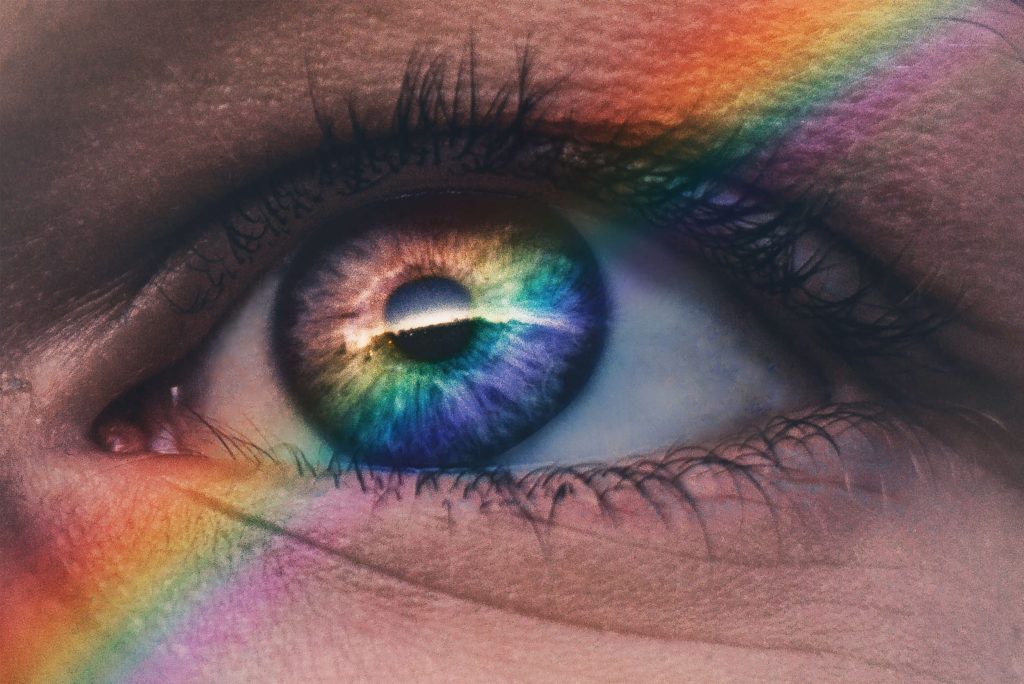
What if I routinely use eye drops?
If you normally use eye drops to treat a condition such as glaucoma, you should continue to use these normally. If you run out of drops during the period of the lockdown your ophthalmologist will still be able to provide you with a prescription. Which you can still get from your normal pharmacy. You should ensure that you wash your hands both before and after using eye drops. Don’t share your eye drops with another person, obviously. For more information read our blog about what to do if your eye drops run out.
What if I have had recent eye surgery?
People were having routine elective eye surgery procedures such as cataract surgery, SMILE or LASIK right up to the time that the lockdown started. You should not be concerned if you have had recent eye surgery because this will not increase your risk of contracting Covid-19. It is also very unlikely that developing a Covid-19 infection would affect the success of your recent surgery. However, if you are unfortunate enough to develop the infection you should tell your doctor about the recent surgery.
What do I do if I have an eye problem during the lockdown?
During the lockdown the staff from the Wellington Eye Centre, including Doctor Logan, will be working from home. Patients of the Wellington Eye Centre who have an eye problem that is causing concern or who have run out of eye drops, can phone our normal number. Bhavana Patel, our receptionist, will contact Doctor Logan or Shannon Tubman, our Optometirst. Most problems can be satisfactorily dealt with over the phone. If it is deemed necessary to be seen, Doctor Logan will ensure safety measures are in place to minimise contact.
Other things to think about
During the lockdown most of us will have varying amounts of spare time on our hands. Many people will take the opportunity to undertake DIY tasks which have been waiting for just this opportunity to be completed. This can involve using power tools such as electric drills, weed eaters, chainsaws etc for smaller jobs. Possibly high explosives for larger jobs such as removing tree stumps and large boulders from the backyard. DIY projects are a very common cause of severe eye injuries and it is important to remember to wear eye protection when using power tools. Public hospitals may have limited capacity and resources to deal with acute eye injuries during the pandemic.
Finally, it is likely that many people may become involved in brawls over toilet paper at their local supermarket during the pandemic. If you are one of these people, and use eye gouging as part of your battle strategy to secure your pack of Angel Soft Toilet Tissue, please be sure to wash your hands afterwards to reduce the risk of disease transmission to other people.
For the most latest information in New Zealand check out this Covid-19 dedicated website.
Here’s another helpful guide for corona virus and eye patients.
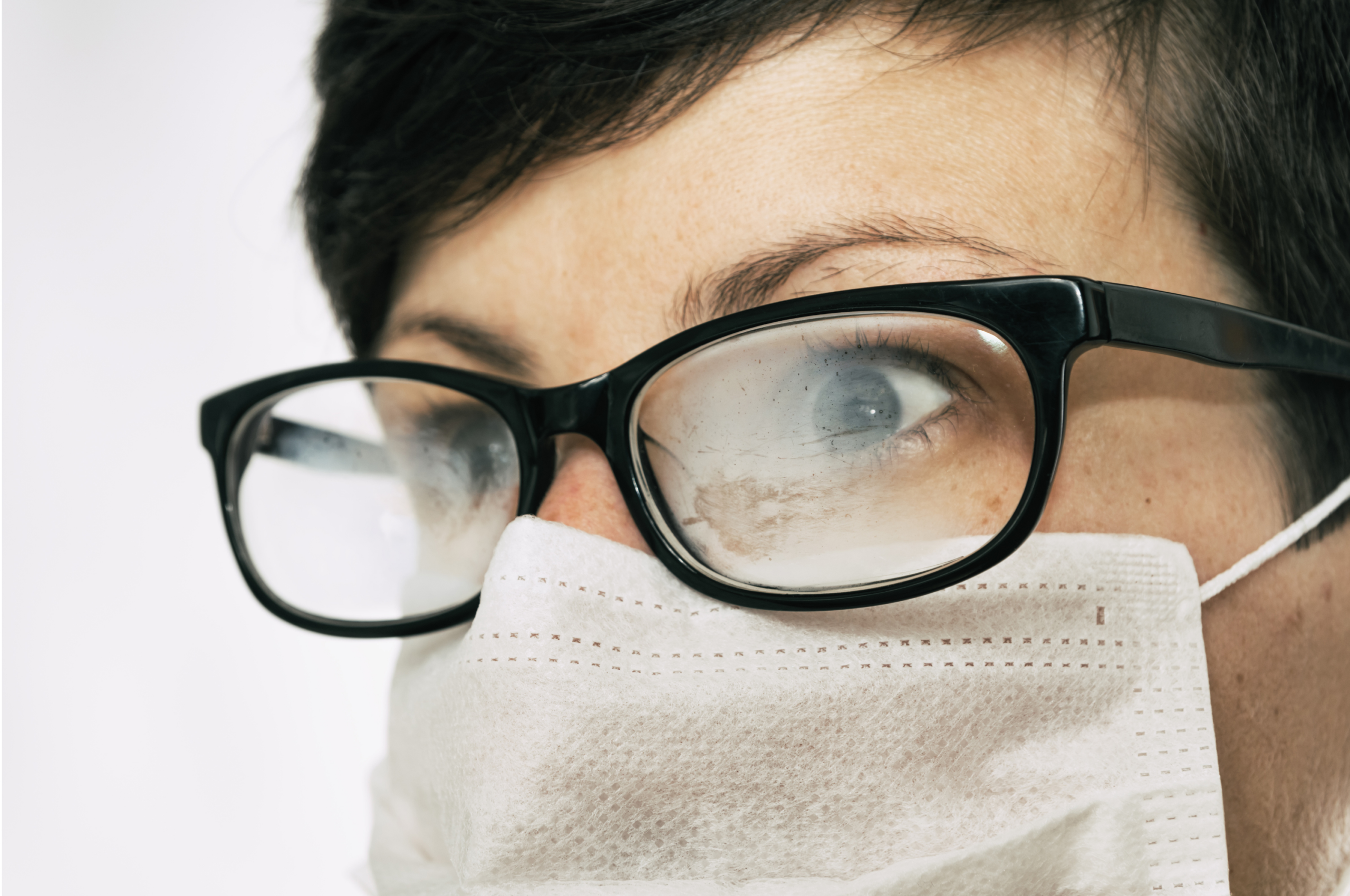
Sick of your glasses fogging up with your face mask?
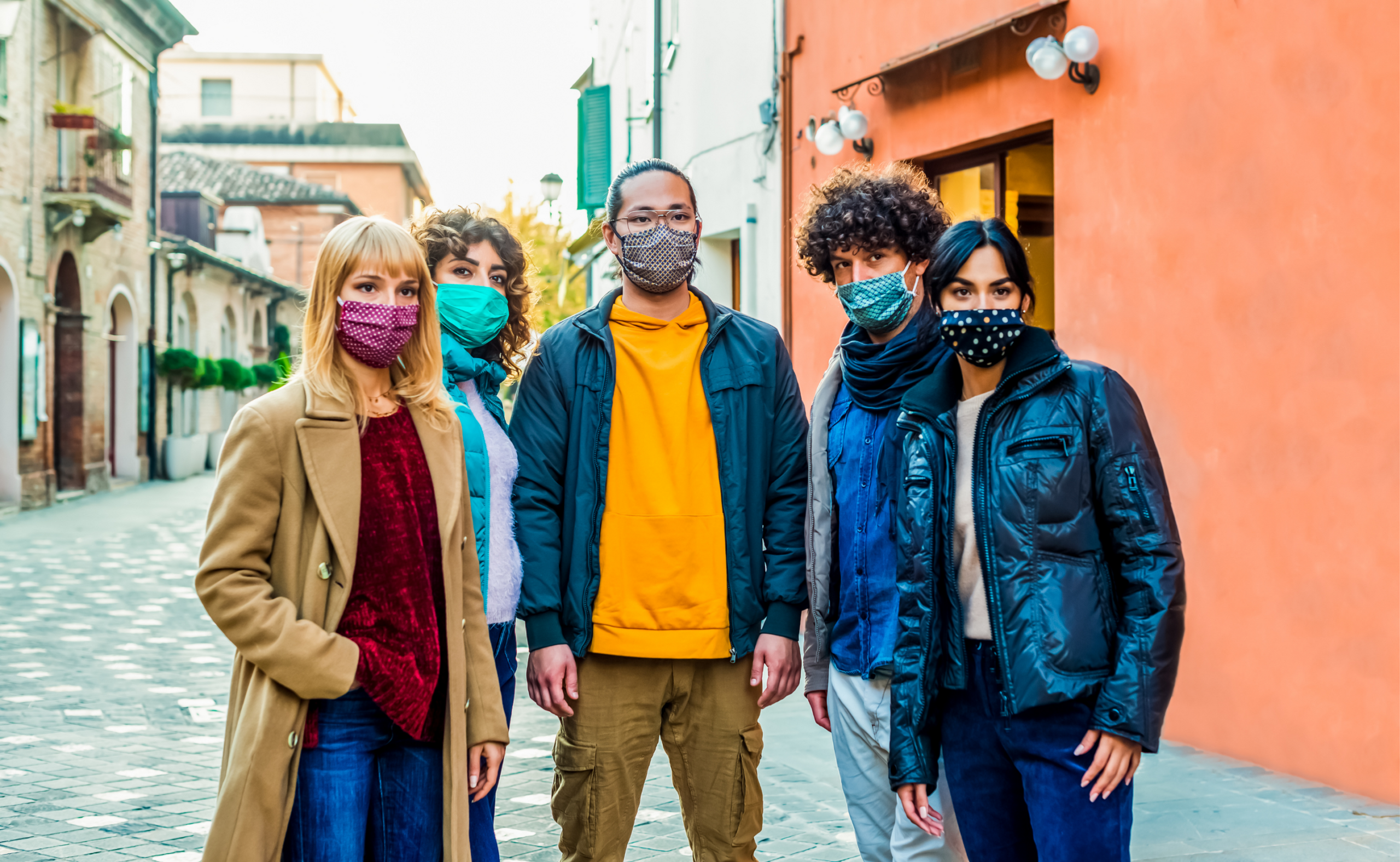
Dry Eyes and Mask Wearing

What we will be doing at the different Alert Levels

What we will be doing during Alert Level 2

Contact lens wear during COVID-19
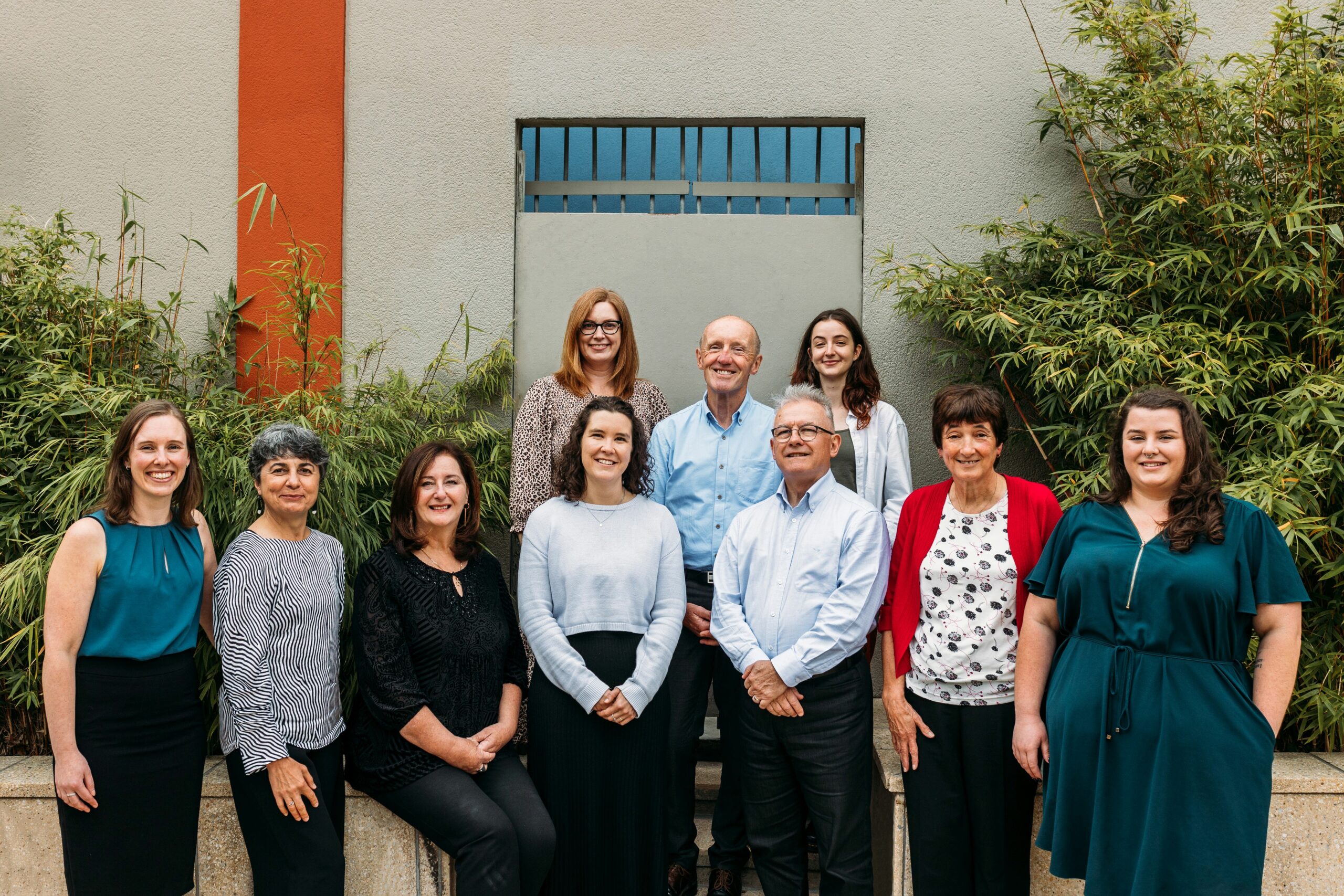
Meet The Team at the Wellington Eye Centre

Festive Season and Your Eyes

Naumi Studio Hotel Wellington
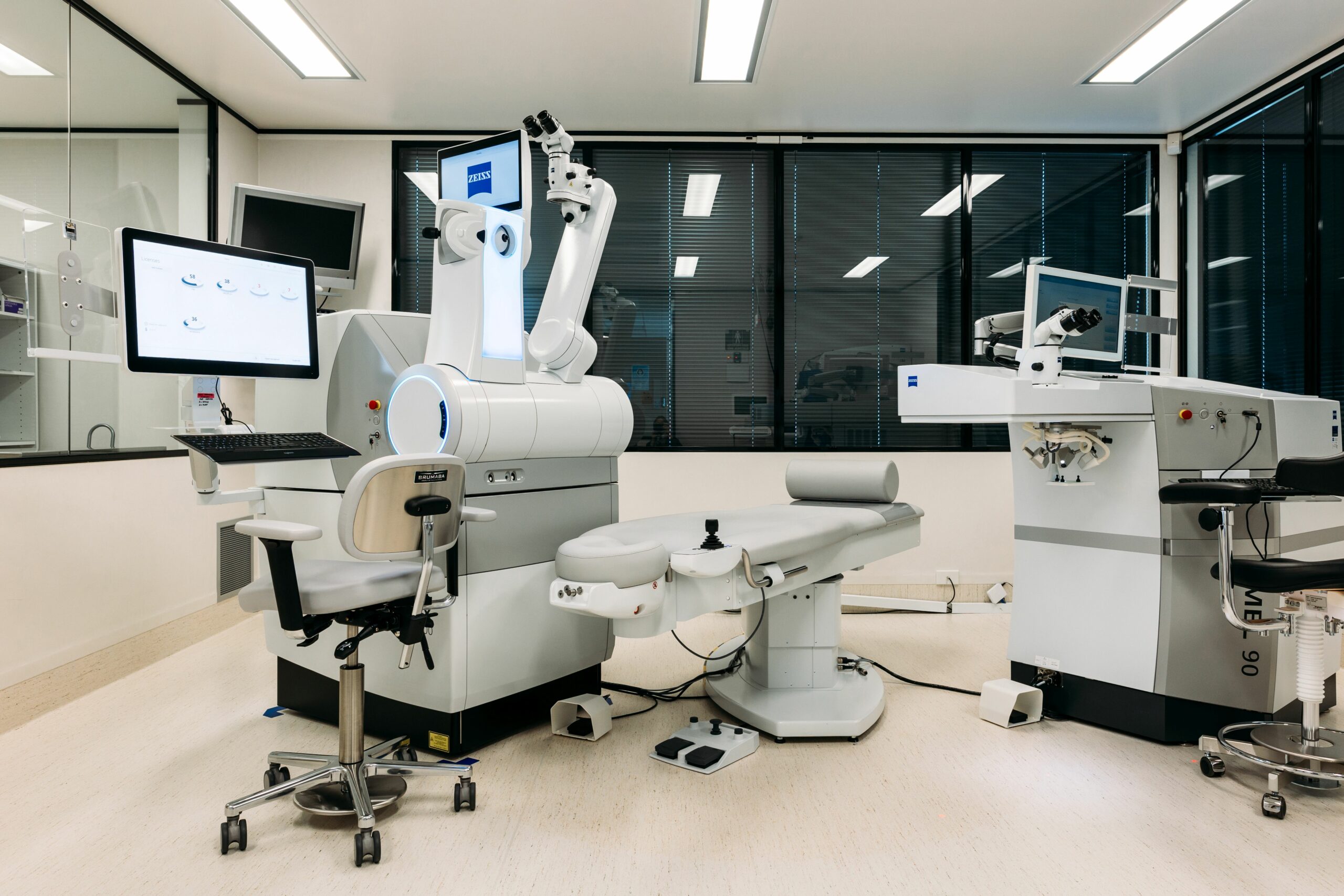
What to Expect on The Day of Surgery

